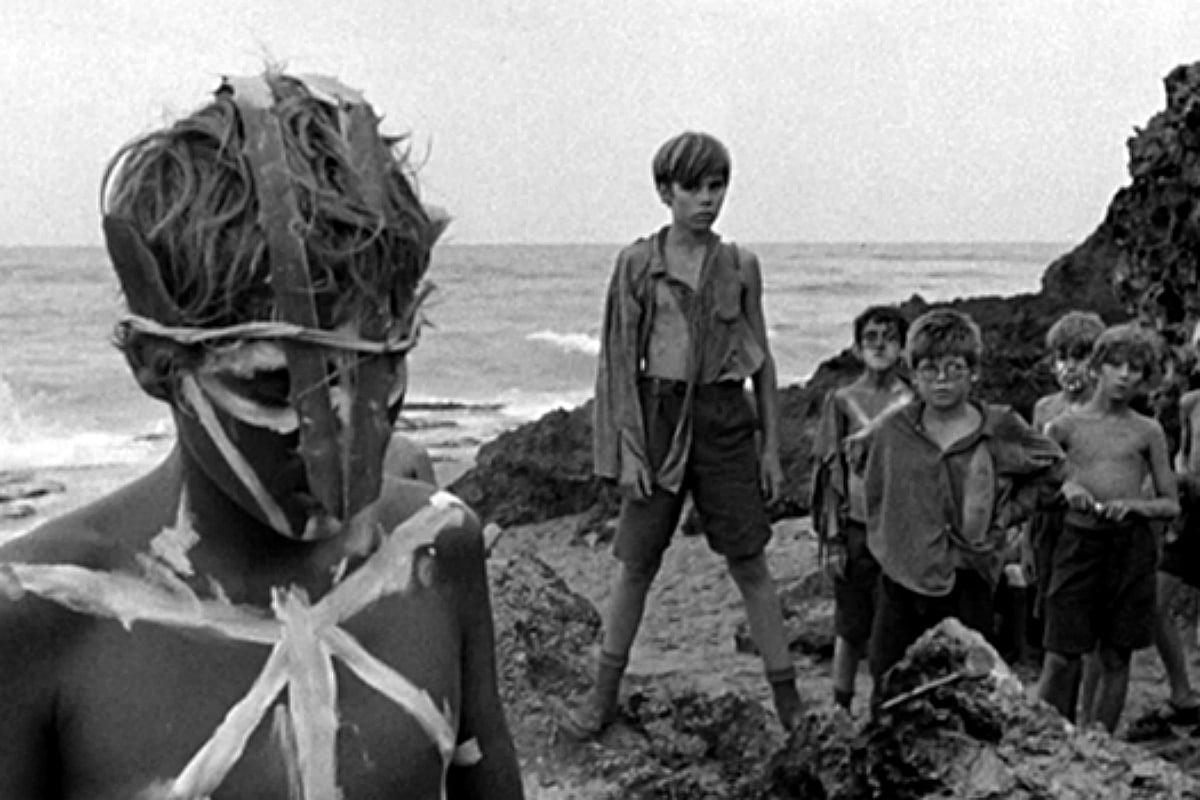
In the winter of 1966, Captain Peter Warner peered through his binoculars to the small island of 'Ata. The Australian fisherman was on his way back to Tasmania from Tonga, and had taken a small detour that brought him alongside this forgotten southern outcrop of the Tongan archipelago.
There was something strange about the island. It appeared to have patches of burnt land; not something that tends to happen naturally in the tropics. Then, through the lenses, he saw him. A teenage boy. Naked, with long hair, scrambling off the rocky shore and into the water. Soon, others emerged behind him, all screaming at the top of their lungs.
Before long, the first boy reached Warner’s boat. “My name is Stephen,” he cried. “There are six of us, and we reckon we’ve been here for 15 months.”
***
This incredible true story is recounted by Dutch historian Rutger Bregman in his book Humankind: A Hopeful History.
Bregman happened upon it in an obscure blog while researching the tenets of the classic book, Lord of the Flies.
The 1954 novel, by British author William Golding, tells of a group of schoolboys who find themselves shipwrecked on a deserted island (the film adaptation is pictured above). Their effort to govern themselves sees a descent into anarchy and three among them killed. The book's final line — one of the most famous in modern literature — tells of one of the surviving boys weeping “for the end of innocence, the darkness of man’s heart”.
But is that really human nature, all that darkness and self-interest and selfishness? Bregman wasn’t convinced. He believed in a (sadly) revolutionary idea: that, beneath it all, people are fundamentally good.

Top Comments
I'd love to see it made into a movie! I'd especially love Taika to be in it, he is awesome.